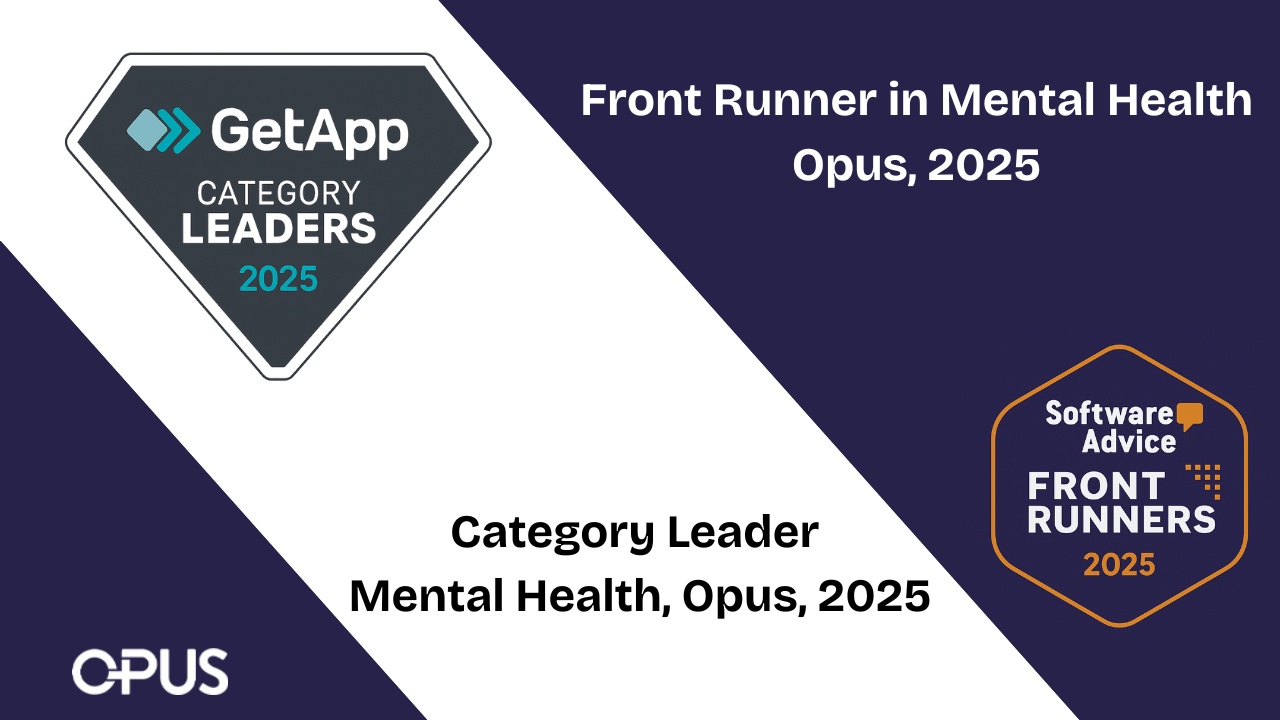Alzheimer's and Brain Awareness: Identifying Emotional Triggers
Alzheimer's disease is a progressive brain disorder that affects millions of individuals worldwide. As we observe Alzheimer's and Brain Awareness, it is crucial to understand the emotional impact of this disease, not only on the person diagnosed but also those surrounding them, including their family members. The lifestyle changes and the need for caregiving services can trigger depression and anxiety, highlighting the importance of emotional support and family involvement. In this blog, we will explore the emotional triggers associated with Alzheimer's disease, the impact of lifestyle changes, and the significance of caregiving services and family support in promoting well-being.
Alzheimer's Disease and Emotional Triggers
Alzheimer's disease not only affects memory and cognitive function but also has a profound emotional impact on individuals. Emotional triggers that can contribute to depression and anxiety include:
Loss of Independence: As the disease progresses, individuals with Alzheimer's may experience a loss of independence and struggle with everyday tasks. This loss can lead to feelings of frustration, helplessness, and a diminished sense of self-worth.
Memory Loss and Confusion: Forgetfulness and cognitive decline can be distressing for both the person with Alzheimer's and their family members. The frustration and fear associated with memory loss can trigger anxiety and depression.
Social Isolation: Alzheimer's often leads to social withdrawal, as individuals may feel embarrassed or anxious about their cognitive decline. Isolation can contribute to feelings of loneliness and depression.
Role Reversal: As the disease progresses, caregivers often assume the role of decision-makers and provide physical and emotional support. This role reversal can be emotionally challenging for both the person with Alzheimer's and their family members.
Lifestyle Changes and Emotional Impact
A diagnosis of Alzheimer's disease often necessitates significant lifestyle changes, which can trigger emotional distress. Some common lifestyle changes include:
Caregiving Responsibilities: Family members or loved ones often take on caregiving responsibilities, which can be physically and emotionally demanding. The stress of caregiving can contribute to feelings of overwhelm, burnout, and anxiety.
Financial Concerns: Alzheimer's disease may result in increased medical expenses, requiring families to navigate financial challenges. These concerns can cause significant anxiety and emotional strain.
Social Disruption: The need to modify routines, cancel social engagements, and limit activities can lead to a sense of loss and isolation for both the person with Alzheimer's and their family members.
The Importance of Caregiving, Therapy, and Family Support
When facing the challenges associated with Alzheimer's disease, caregiving services, and family support play a vital role in promoting emotional well-being. Here's why they are crucial:
Emotional Support: Caregiving services offer a range of support, including emotional assistance and guidance. Professional caregivers can provide empathy, understanding, and resources to help family members navigate the emotional impact of Alzheimer's.
Respite Care: Caregiving can be physically and emotionally exhausting. Respite care services provide temporary relief to caregivers, allowing them to take care of their own well-being and recharge.
Education and Training: Caregiving services often offer education and training programs to equip family members with the knowledge and skills needed to provide quality care while managing their emotional well-being.
Support Groups: Joining support groups with other families and caregivers facing similar challenges can provide a sense of community, validation, and a platform to share experiences and coping strategies.
Professional Counseling: Seeking professional counseling or therapy can be beneficial for both the person with Alzheimer's and their family members. It provides a safe space to process emotions, explore coping mechanisms, and receive guidance on managing the emotional impact of the disease.
Alzheimer's disease brings significant emotional challenges, both for individuals diagnosed with the disease and their families. Understanding the emotional triggers associated with Alzheimer's, the impact of lifestyle changes, and the importance of caregiving services and family support is crucial for promoting overall well-being. By recognizing these triggers and seeking support, individuals, and families can navigate the emotional journey of Alzheimer's with greater resilience and find ways to enhance their quality of life.
Tips for Supporting Family Members with Alzheimer's Experiencing Depression and Anxiety due to Lifestyle Changes:
It is important to not only understand the disease but also be prepared to help. Here are some tips to explore:
Educate Yourself: Learn about Alzheimer's disease, its progression, and the associated emotional challenges. Understanding the condition will help you provide informed support to your loved one.
Encourage Communication: Create an open and supportive environment where your family member feels comfortable expressing their emotions and concerns. Active listening and validating their feelings can go a long way in easing their anxiety and depression.
Seek Professional Help: Encourage your loved one to seek professional assistance from therapists or counselors who specialize in Alzheimer's and mental health. These professionals can provide effective coping strategies and therapeutic interventions.
Maintain a Routine: Establishing a consistent daily routine can provide a sense of stability and familiarity for your family member. This structure can help reduce anxiety and confusion associated with lifestyle changes.
Promote Engagement in Meaningful Activities: Encourage your loved one to participate in activities they enjoy and find meaningful. Engaging in hobbies, puzzles, music, or art therapy can boost their mood and provide a sense of accomplishment.
Provide Emotional Support: Offer reassurance and emotional support to your family member. Remind them that they are not alone and that you are there to support them throughout their journey. Express your love, patience, and understanding.
Maintain Social Connections: Encourage social interactions and maintain connections with friends, family, and support groups. Staying socially engaged can reduce feelings of isolation and promote emotional well-being.
Take Care of Your Own Well-being: Caring for a family member with Alzheimer's can be emotionally demanding. Prioritize self-care, seek support from other family members or support groups, and consider respite care to prevent burnout.
Foster a Safe Environment: Create a safe and supportive physical environment that minimizes stress and confusion. Reduce clutter, ensure good lighting, and implement safety measures to prevent accidents.
Explore Support Services: Utilize community resources and support services designed to assist families affected by Alzheimer's. These services may include respite care, support groups, educational programs, and counseling services.
Encourage Healthy Lifestyle Habits: Promote a healthy lifestyle through regular exercise, nutritious meals, and sufficient sleep. Physical well-being can positively impact mental and emotional well-being.
Practice Patience and Flexibility: Understand that Alzheimer's can bring unpredictable challenges. Approach each day with patience, flexibility, and a compassionate mindset. Adapt your expectations and focus on cherishing positive moments.
Remember, supporting a family member with Alzheimer's experiencing depression and anxiety requires patience, understanding, and a holistic approach. Reach out to healthcare professionals, Alzheimer's organizations, and support networks for guidance and resources tailored to your specific situation.
As we observe Alzheimer's and Brain Awareness, let us raise awareness, foster compassion, and strive to provide the support and care necessary for those affected by this debilitating disease. Together, we can make a difference in the lives of individuals with Alzheimer's and their families.
At Opus EHR, we are behind your team of Clinicians, Therapists, and Behavioral Health Practice Operators by supporting the best solution in the market. How does Opus help, you ask? By improving their processes and streamlining operations, where providers can be well-equipped to manage their workflows effortlessly and spend less time on their administrative work. This way, there is more time to focus on what’s most important, patient and client care. Want to learn more about how Opus features have removed extra operational steps and decreased administrative burdens? Schedule a meeting with our team, as we would love to share! https://www.opusehr.com/meet-with-opus-ehr-team






